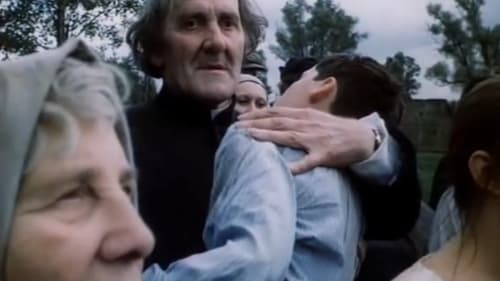
Piotr Szulkin
出生 : 1950-04-26, Gdańsk, pomorskie, Polska
死亡 : 2018-08-03
略歴
Piotr Szulkin was a Polish film director and writer. He directed over thirteen films, both Polish and international productions. He was a recipient of "Best Science Fiction Film Director" at Eurocon in 1984. During the latter part of his career, he was also a professor at the National Film School in Łódź.
He was the son of Paweł Szulkin, a Polish physicist from an assimilated Jewish family (his grandparents were Idel Szulkin and Małka Frydzon). His paternal uncle was Michał Szulkin, a historian and publicist. In 2013, Piotr Szulkin demanded the removal of information about the Jewish ancestry of Paweł Szulkin in his biography in the Polski Słownik Biograficzny (Polish National Dictionary). After Piotr Szulkin sued Polski Słownik Biograficzny, in January 2014, the Civil Court in Kraków, as a protective action, put a one-year prohibition on the dissemination of the volume of Polski Słownik Biograficzny including the biography of Paweł Szulkin.
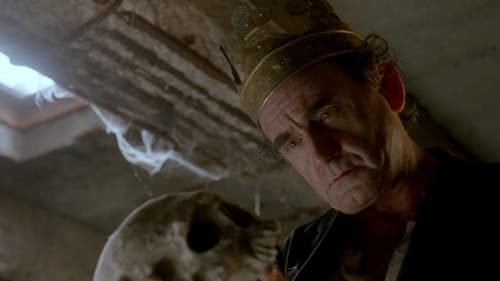
Director
A grotesque Shakespearean tale of Ubu who comes to power in a bloody way. When his absurd reforms fail and the treasury gets empty, Ubu and his flatterers start implementing terror across the country.

Writer
"Mieso" (Meat) is a satirical and irreverent revision of the most recent history of Poland.

Director
"Mieso" (Meat) is a satirical and irreverent revision of the most recent history of Poland.

This sumptuously photographed period drama is set in 1791 Vienna. Maximilian Bardo, an opportunistic 18-year old Viennese man with aspirations to rise above his bourgeois upbringing, looks for a chance to shoehorn himself into the nobility. His hopes lead him to the castle of a wealthy inventor, Alexander Plant. It is here that a strange story is played out, as Maximilian, full of naive illusions and innocent ideals of what it means to be wealthy and noble, quickly loses his innocence. Falling prey to the jaded aristocrats in residence, he is cruelly initiated into their decadent games.
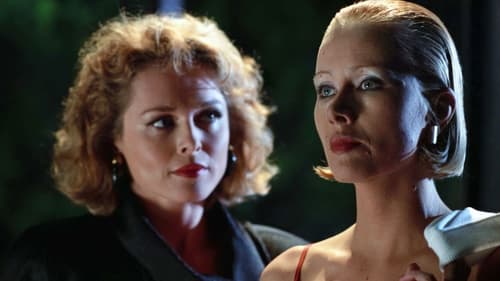
Director
The main character is Bogna, a thirty year old woman lost in her surrounding reality and unhappy in her private life. After her husband departs for a foreign scholarship, Bogna learns that her mother died. The trip to her hometown for the funeral becomes a voyage in time, during which she relives the memories of her idyllic childhood.
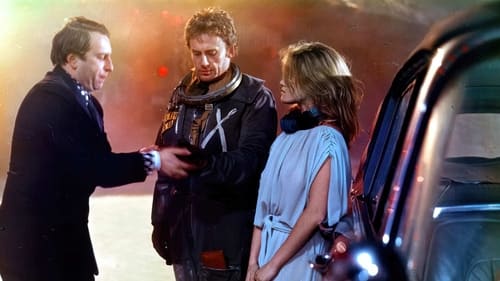
Writer
In the 21st century, prisoners aboard penitentiary space ships explore unknown worlds. Scope, one of the prisoners is sent on a planet though to be lifeless, until he found "Humans" on it.

Director
In the 21st century, prisoners aboard penitentiary space ships explore unknown worlds. Scope, one of the prisoners is sent on a planet though to be lifeless, until he found "Humans" on it.
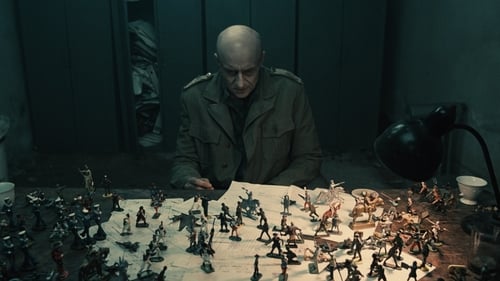
Writer
Set in an underground dungeon inhabited by bundled, ragged human beings, after the nuclear holocaust. The story follows the wanderings of a hero through the situations of survival. People wait for the Ark to arrive and rescue them while their habitat falls apart.

Director
Set in an underground dungeon inhabited by bundled, ragged human beings, after the nuclear holocaust. The story follows the wanderings of a hero through the situations of survival. People wait for the Ark to arrive and rescue them while their habitat falls apart.

Writer
Film opens on December 18, 1999, just a few days before the dawn of the new century. A local reporter, Iron Idem, announces that the Martians have landed. Shortly after that his program loses its independence: he is given the script telling the crowds how to welcome the invaders.

Director
Film opens on December 18, 1999, just a few days before the dawn of the new century. A local reporter, Iron Idem, announces that the Martians have landed. Shortly after that his program loses its independence: he is given the script telling the crowds how to welcome the invaders.
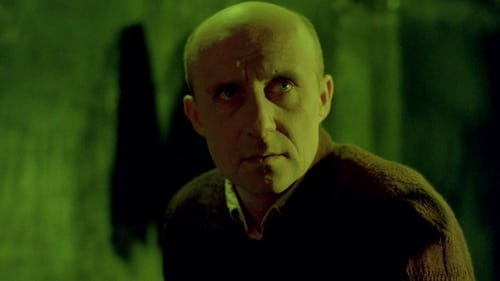
Writer
The film is set in a terrorizing world of the future, where technology commands the movements of individuals, supervised by the doctors, carrying out a program to improve the human race. Thus, instead of doctors creating a monster, the monsters are already there as the species of the future - but one of them is suspected by the doctors of being a human being. That is Golem in reverse.

Director
The film is set in a terrorizing world of the future, where technology commands the movements of individuals, supervised by the doctors, carrying out a program to improve the human race. Thus, instead of doctors creating a monster, the monsters are already there as the species of the future - but one of them is suspected by the doctors of being a human being. That is Golem in reverse.
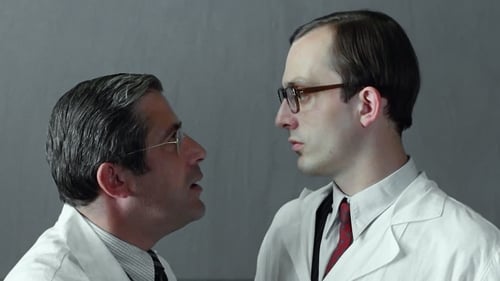
Composer Jakub
The film is set toward the beginning of World War II, at a psychiatric hospital in the country. But this is an unusual hospital: there are several incurable schizophrenic cases, staff is bit strange and a writer has voluntarily entered the clinic because he is "peculiar" and a drug addict. Then, the occupying forces arrive...

Production Design
Stylized with dramatic interiors and a distorted frame rate, this early documentary miniature from Szulkin depicts six sequences of solitary, repetitious labor.

Writer
Stylized with dramatic interiors and a distorted frame rate, this early documentary miniature from Szulkin depicts six sequences of solitary, repetitious labor.

Director
Stylized with dramatic interiors and a distorted frame rate, this early documentary miniature from Szulkin depicts six sequences of solitary, repetitious labor.

Writer
A Polish folktale set in the Middle Ages, tells the story of a man, whose eyes, or the gaze of them, brings upon death.

Director
A Polish folktale set in the Middle Ages, tells the story of a man, whose eyes, or the gaze of them, brings upon death.

Screenplay
An apple is squished to the soundtrack of its amplified demise.

Director
An apple is squished to the soundtrack of its amplified demise.

Writer
Dialogue-free short detailing the daily tasks of a man and his wife.

Director
Dialogue-free short detailing the daily tasks of a man and his wife.

Production Design
Szulkin stages a morality play about a sinful woman’s encounter with the devil, set to the Polish ballad of the same name and imbued with folkloric imagery.

Director
Szulkin stages a morality play about a sinful woman’s encounter with the devil, set to the Polish ballad of the same name and imbued with folkloric imagery.

Writer

Director

Writer
Here's a strange one. First, a song on a blackboard: a Polish translation of “I love my little rooster” by American folk writer Almeda Riddle. Then, two men roll around trash bins and lift them to the garbage truck. They do it several times. A woman shouts in the distance. At the end, the picture stops, and the woman sings the song. An early short by Piotr Szulkin.

Director
Here's a strange one. First, a song on a blackboard: a Polish translation of “I love my little rooster” by American folk writer Almeda Riddle. Then, two men roll around trash bins and lift them to the garbage truck. They do it several times. A woman shouts in the distance. At the end, the picture stops, and the woman sings the song. An early short by Piotr Szulkin.

Writer
Two young men change their clothes and explore abandoned rural scenery.

Director
Two young men change their clothes and explore abandoned rural scenery.

Director








